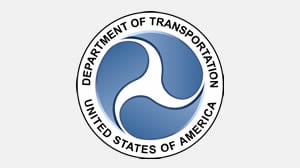Many international destinations are reporting increased numbers of cases of measles. Country List : Afghanistan, Benin, Cameroon, Central African Republic, Chad, Côte d’Ivoire (Ivory Coast), Democratic Republic of the Congo, Djibouti, Ethiopia, Indonesia, Liberia, Nigeria, Pakistan, Republic of the Congo , Senegal, Somalia, Republic of South Sudan, Togo, Yemen, Kyrgyzstan, Armenia, Mauritania, Equatorial Guinea, Ghana, Kazakhstan, Burkina Faso, Türkiye (Turkey), United Arab Emirates, Burundi, Romania, Malaysia, Russia, Azerbaijan, Uzbekistan, Philippines, Austria, Belarus, Georgia, Bosnia and Herzegovina, San Marino, Guinea, Kenya, Monaco, United Kingdom, including England, Scotland, Wales, and Northern Ireland, Belgium, Ireland, Montenegro, Moldova, Serbia, Niger, Thailand, Guinea-Bissau, Libya, Mozambique, Saudi Arabia, Sri Lanka
Click this link to continue reading the article on the source website.


